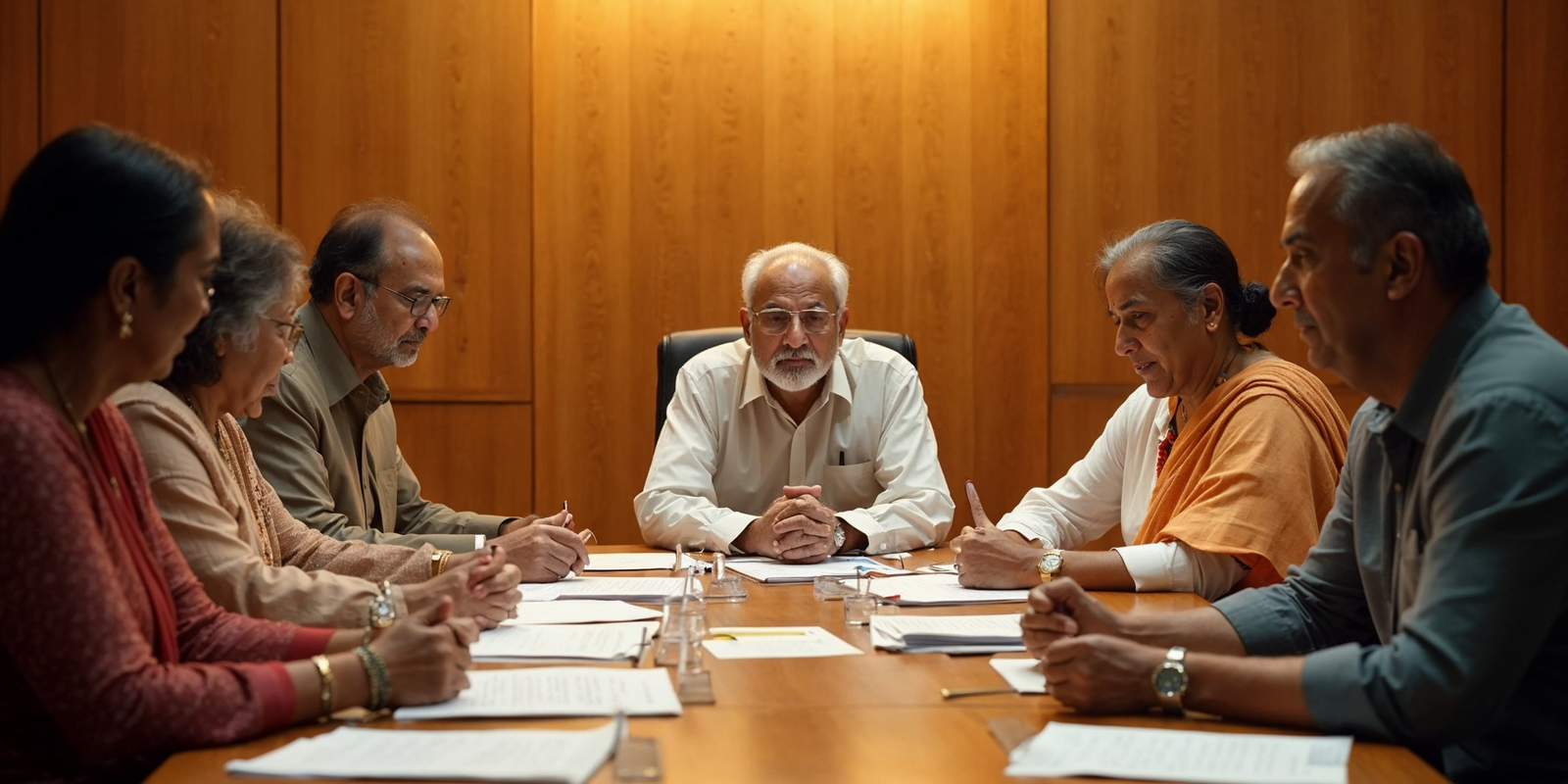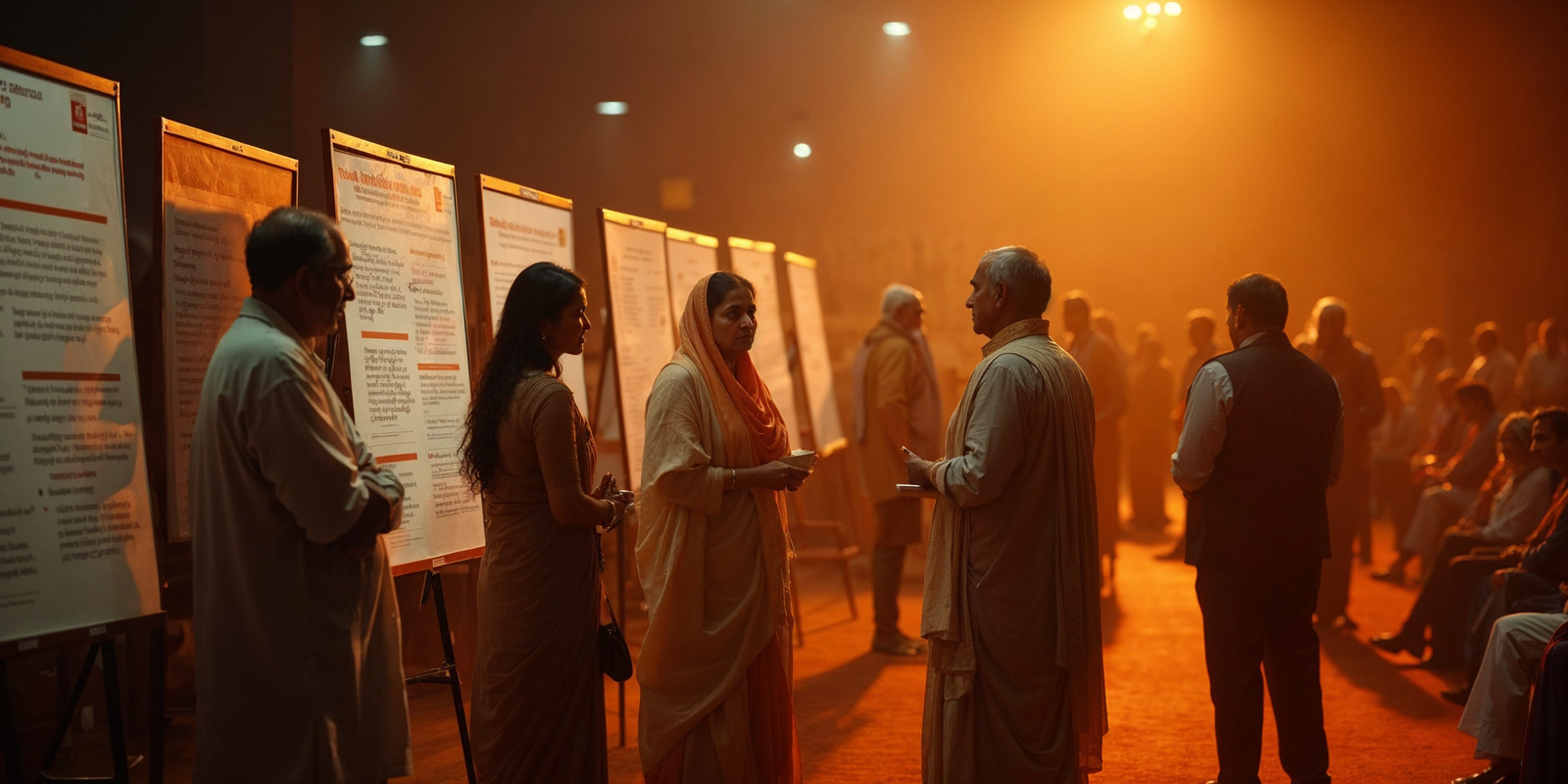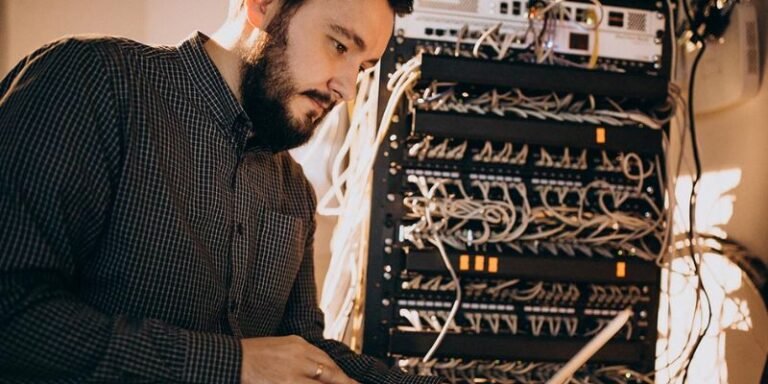What is Section 45 of the Indian Evidence Act on Expert Opinions?
Foundational legislation guiding the admission and relevancy of evidence in Indian courts is the Indian Evidence Act of 1872. Section 45 of the Act, which tackles the function of expert views in judicial procedures, is among the most important clauses there is. Expert witness is very important in situations when specific expertise is needed to help the court decide on issues outside ordinary experience.
“Indian Evidence Act Section 45: Opinions of experts” gives the courts great value by allowing them to consult professionals in disciplines such science, art, handwriting, or even medical knowledge.
Emphasizing its legal importance and applicability, this paper offers a thorough knowledge of Section 45 of the Indian Evidence Act. We will discuss what this sector entails, the kinds of instances where expert views become vital, and the need of sites like LatestLaws in maintaining legal practitioners informed with changes in this field.
Section 45 of the Indian Evidence Act refers to:
Section 45 of the Indian Evidence Act: Opinions of experts particularly mention that:
“When the Court has to form an opinion upon a point of foreign law, or of science or art, or as to identity of handwriting [or finger impressions], the opinions upon that point of person especially skilled in such foreign law, science or art, or as to identity of handwriting [or finger impressions] are relevant facts.”
Simply said, expert witnesses with knowledge in the pertinent subject might provide their opinions when a case calls for technical or specialized concerns that transcend the common knowledge of a judge or jury. These points of view help the court to reach a reasonable and informed conclusion by clarifying things.
Expert Opinion:
Only admissible in cases the court must decide on a topic needing particular understanding.
Under this provision experts in disciplines like science, art, foreign law, handwriting, and fingerprint analysis can testify.
Relevance:
The expert’s viewpoint has to be exactly pertinent to the case, thereby guiding the court in deciding on a specialized matter.
Expert Qualification:
The individual offering the expert opinion has to be someone acknowledged as having particular training, knowledge, or expertise in the appropriate field for the matter.
Section 45’s Relevance: When is Expert Testimony Admitted?
When a court deals with difficult technical questions, Section 45 of the Indian Evidence Act’s worth is clear-cut. These are a few situations where professional judgments are really important:
Medical Misconduct:
When medical negligence is claimed, the court depends on medical professionals to offer comments on whether the activities of a doctor or healthcare practitioner deviated from the approved level of care.
Forensic Evidence:
Forensic science experts can offer vital information on issues like DNA testing, blood spatter analysis, or ballistics that could affect the result of criminal prosecutions.
Documentation Verification and Handwriting:
Handwriting specialists might be contacted in situations of fraud or contested signatures to ascertain the validity of the handwriting in issue.
Reconstruction of Accidental Events:
Experts in accident reconstruction can provide views on how an accident happened in personal injury or traffic accident cases, which can be rather important in deciding responsibility.
Virtual Crimes:
Experts in digital forensics can assist courts to grasp the complexity of electronic evidence and cyber-related concerns as cyber crimes grow more frequent.
The Part Experts Play in Courts Under Section 45
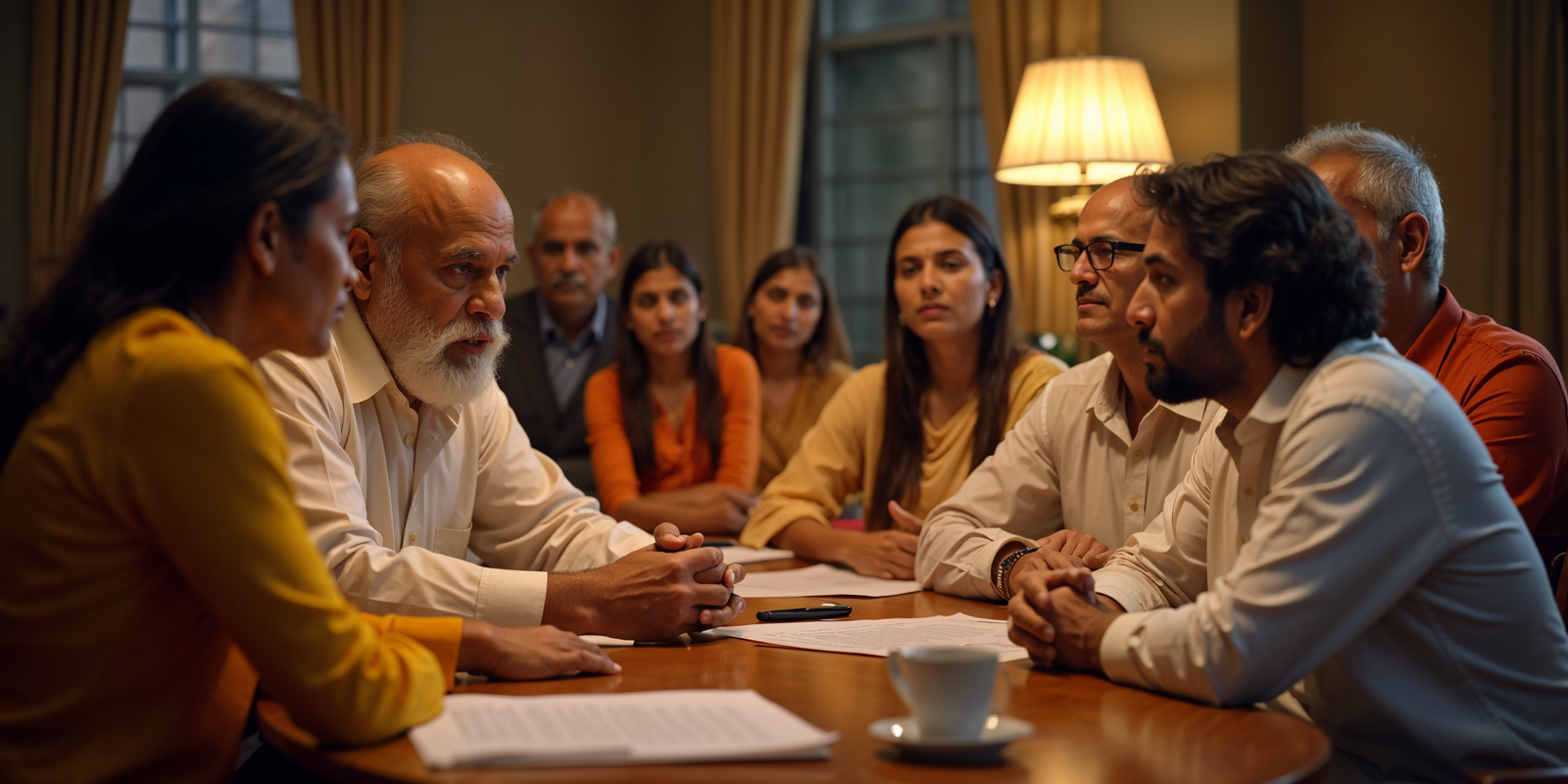
Section 45 of the Indian Evidence Act does not suggest that the opinion of the expert is the last word in any legal case. Rather, the expert’s view is seen as proof to support the court. The court, who assesses the expert testimony in line with other pertinent facts, has last say over decisions.
These are some important aspects about how courts weigh expert opinions:
Examining Expert Opinion:
Although professional opinion is important, the court’s responsibility lies in determining its dependability and legitimacy. The court takes into account things including the credentials of the expert, the way they came to their conclusion, and if their findings fit the circumstances of the case.
Examining Things Cross-wise:
The other side can also cross-exam experts on behalf of themselves. This guarantees that the techniques and findings of the expert are thoroughly examined, therefore avoiding biassed or unsupported views from dictating the case.
Court Discretionary Behaviour:
Should an expert’s view be judged acceptable, the court is not obligated to follow it mindlessly. Based on its evaluation of its relevance and dependability in the particular setting of the case, the court has the authority to accept or reject the opinion.
Benefits of Section 45 Within the Legal System
Under Section 45, the inclusion of expert opinions underlines various benefits inside the judicial system:
Specialized Insight:
Expert opinions help courts to make better-informed decisions by offering insights on issues outside the grasp of common people.
Objectives Evidence:
Experts depend on objective facts and scientific techniques, hence their views usually give credibility and assist in eliminating doubt or confusion about difficult problems.
Explanation of Technical Problems:
By helping to clarify technical features of a case, experts ensure that justice is administered depending on a thorough knowledge of all the factors engaged.
Difficulties and Restraints of Professional Opinions
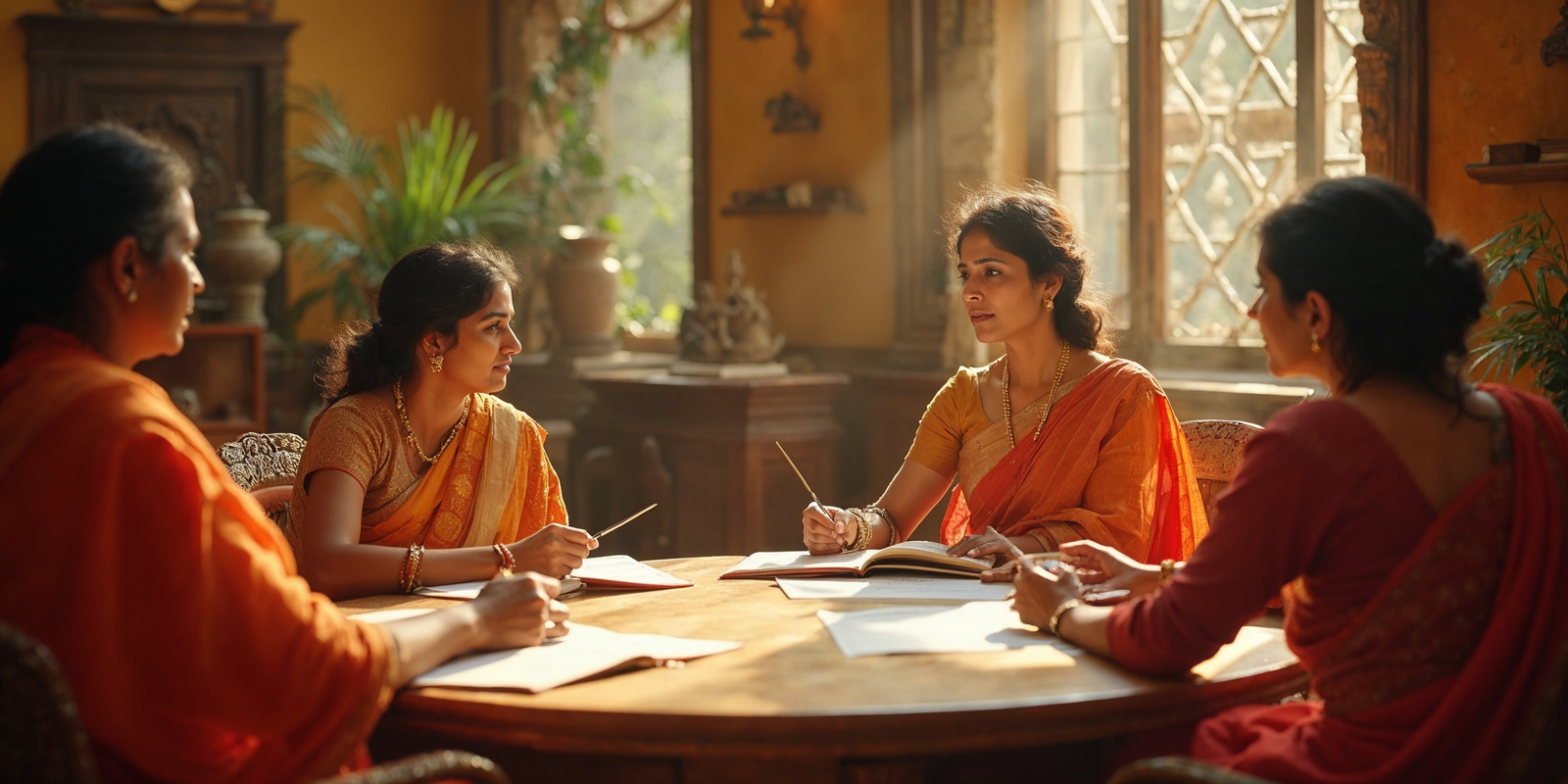
Although in many circumstances expert opinion is quite helpful, Section 45 of the Indian Evidence Act presents several difficulties:
Contradictory Expert Views:
Sometimes both sides might bring in specialists with different points of view. Based on the facts and approaches given, it becomes the court’s duty to assess which expert’s judgment has greater weight.
Partiality or Bias:
An expert runs always a danger of being biased in favor of the side that contacted them. Courts have to be alert in making sure that expert witnesses are unbiased and that their opinions rely on objective analysis.
Dependency on Pseudo-Science:
Rarely, professionals might provide views based on unproven or dubious scientific techniques. Courts must guarantee that under “Indian Evidence Act Section 45: Opinions of experts” only scientifically acceptable and peer-reviewed approaches are accepted.
Using LatestLaws to Stay Current
Legal practitioners must keep current with the most recent court interpretations of Section 45 of the Indian Evidence Act in the always-changing terrain of law. Timely updates, case law interpretations, and changes pertaining to the use of expert opinions in court depend critically on sites like LatestLaws.
Lawyers, judges, attorneys, and law students may remain current on recent decisions, legal trends, and scholarly debates on expert testimony by using materials from LatestLaws, lawyers, judges, and law students. This guarantees that attorneys are constantly armed with the most recent information and may make wise judgments about how best to apply expert views in their cases.
Important Learnables:
Expert views on concerns of science, art, foreign law, handwriting, and more are permitted by Section 45 of the Indian Evidence Act.
- On technical or specialized matters, expert opinions help courts decide.
- Based on its relevance, dependability, and trustworthiness, the court has discretion to accept or reject expert opinion.
- For remaining current on legal interpretations of Section 45, LatestLaws offers excellent materials.
- Section 45 must be utilized carefully to guarantee justice and impartiality even if it improves the judicial process by bringing expert knowledge into the courtroom.
- Legal practitioners who grasp the nuances of Section 45 will be better able to represent their clients and guarantee that justice is done in difficult circumstances calling for expert opinion.At last
Summary
“Indian Evidence Act Section 45: Opinions of experts” lets courts rely on expert testimony in instances involving specialized expertise. This part helps judges to include professional viewpoints on difficult topics such science, art, medicine, handwriting, and more, thereby enabling better-informed conclusions.
Though professional evidence is quite significant, the court’s duty is finally to assess the validity and reputation of such viewpoints.
Navigating issues requiring expert evidence depends on legal practitioners knowing the extent and use of Section 45. By use of websites such as LatestLaws, staying updated guarantees that legal practitioners are aware of the most recent advancements and can therefore properly include expert viewpoints into their legal plans.
Finally, Indian Evidence Act Section 45 is a critical instrument in contemporary litigation as it guarantees that courts have the specialized expertise required to properly and justly handle difficult legal problems.
